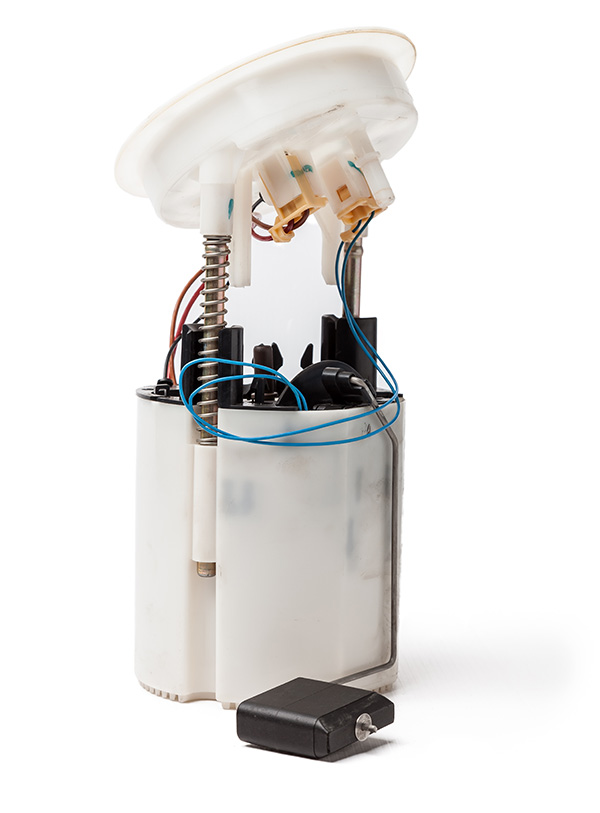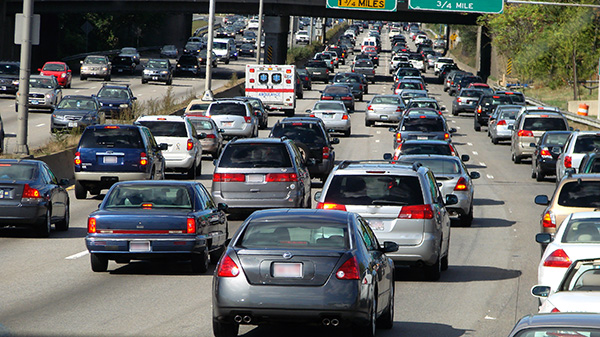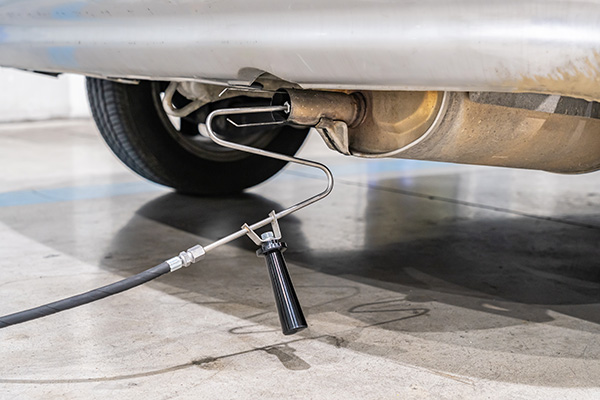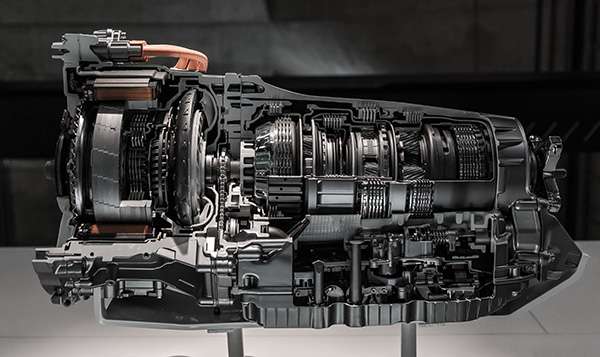Posted on 8/29/2025

Your vehicle’s fuel pump is a critical component that ensures the engine receives a steady supply of fuel at the correct pressure. Without it, combustion cannot happen efficiently, and the car may not run at all. Over time, wear, debris in the fuel system, or even overheating can cause the pump to weaken or fail. A faulty fuel pump can leave you stranded and recognizing the early warning signs is essential for keeping your vehicle reliable. Reduced Engine Power One of the earliest signs of fuel pump trouble is a noticeable drop in engine power, especially under load. You might feel the car struggling to accelerate when merging onto the highway or climbing hills. This occurs because the pump is not delivering enough fuel to meet the engine's demands, resulting in a lean fuel mixture and reduced performance. Engine Sputtering at High Speeds If you notice your vehicle sputtering while driving at highway speeds, the fuel pump may be losing pr ... read more
Posted on 7/28/2025

Sitting in heavy traffic is one of the most frustrating experiences many drivers face. Between the honking horns, stop-and-go movement, and delays that seem endless, it’s easy to feel stressed or lose patience. While you can’t control traffic jams, you can control how you react to them. Learning strategies to stay calm and relaxed behind the wheel makes the experience safer and less exhausting. Why Traffic Stress Matters Driving while stressed doesn’t just make you feel miserable — it affects your ability to make quick, smart decisions. Stress can lead to aggressive driving behaviors, such as tailgating, abrupt lane changes, and sudden braking, all of which increase the risk of an accident. It can also impact your physical health, raising blood pressure and causing tension in your muscles. Over time, chronic driving stress contributes to long-term health issues. Prepare Before You Drive Staying calm in traffic starts before ... read more
Posted on 6/27/2025

When most drivers think about fuel economy or emissions, they tend to focus on visible components, such as the engine, air filters, or exhaust. However, one of the most influential parts in regulating how your car burns fuel and controls emissions is something small and often overlooked: the oxygen sensor. The oxygen sensor, or O2 sensor, monitors the level of oxygen in your vehicle's exhaust gases. This information is critical to how the engine control unit (ECU) determines the air-to-fuel ratio. If the sensor isn't working properly, it can throw everything out of balance, affecting how efficiently your car runs and how cleanly it burns fuel. How the Oxygen Sensor Works Your car’s engine needs the right mix of air and fuel to operate efficiently. Too much fuel (a rich mixture) or too little fuel (a lean mixture) can reduce power, harm fuel economy, and increase emissions. The oxygen sensor sits in the exhaust system and measures how much unburned oxyg ... read more
Posted on 5/30/2025

If you've recently purchased a new vehicle and popped the trunk expecting to find a spare tire, you might have been surprised—or frustrated—to find an empty space or a small air compressor instead. You're not alone. Many modern vehicles no longer come equipped with a spare tire, and that trend isn’t going away anytime soon. So why are spare tires disappearing from new cars, and what are manufacturers offering in their place? Here’s what you should know before hitting the road without one. Automakers Are Focused on Weight and Efficiency One of the biggest reasons spare tires are being phased out is weight reduction. Spare tires, jacks, and lug wrenches can add 30 to 50 pounds or more to a vehicle. Removing that extra weight helps improve fuel economy, which matters a lot when automakers are trying to meet strict emissions and mileage standards. By cutting out the spare, manufacturers can claim slightly better fuel efficiency and offer ... read more
Posted on 4/25/2025

If your transmission starts acting up—jerky shifts, slipping gears, hesitation, or a warning light—it’s natural to worry about the cost and scope of repairs. Many drivers assume the worst right away: that a full replacement is inevitable. But in reality, transmission repair is often a smart, practical option—and it can restore performance without the expense of replacing the entire unit. Whether you’re driving an older vehicle or just hoping to avoid a big bill, here’s what you should know before you jump to replacement. Repair Often Makes SenseNot every transmission issue is catastrophic. In fact, many problems can be traced back to specific components like solenoids, sensors, seals, or the valve body—all of which can be repaired or replaced without overhauling the whole system. Even larger components like clutch packs or ... read more